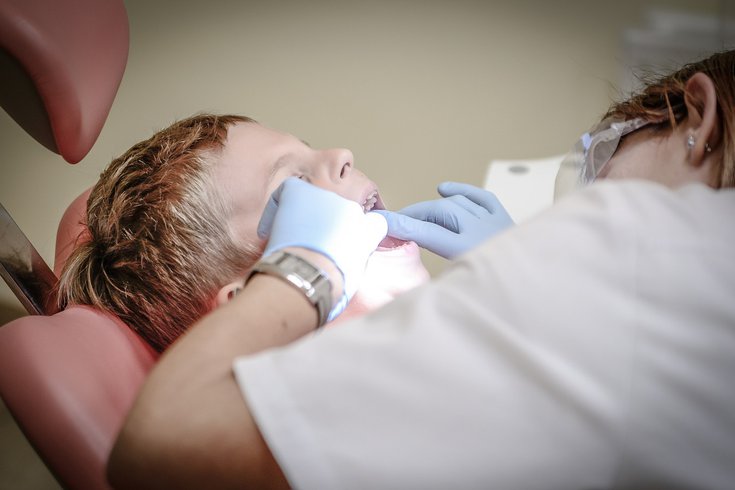
August 19, 2021
 Michal Jarmoluk/Pixabay
Michal Jarmoluk/Pixabay
A small group of providers — many of them dentists or surgeons — were responsible for half of high-risk opioid prescriptions given to young patients in 2019, according to a new study.
Half of all opioid prescriptions written for people under age 21 in 2019 were considered high risk, according to a new study.
That means they exceeded the recommended supply or dosage, or were written for a drug or drug combination that was not advised for that age group.
The study, published in Pediatrics, found that half of the unsafe prescriptions were written by a small group of providers. That group accounted for just 5% of all prescribers included in the study. Many of them are dentists or surgeons and practice in the South, the data shows.
The U.S. continues to face a worsening opioid crisis. Overdose deaths increased by a record 29% in 2020, with 69,710 of them at least partially attributed to opioids. In Philadelphia, there were more than 1,200 unintentional overdose deaths in 2020, and a large percentage were related to opioid use.
Additionally, a U.S. Centers for Disease Control and Prevention study released last year found that non-fatal drug overdoses are on the rise among children.
The latest study examined the role that unsafe opioid prescriptions is having on that increase.
"Our study suggests that children and young adults are frequently exposed to unsafe opioid prescriptions, increasing their risk of overdose, misuse and addiction," said Dr. Kao-Ping Chua, a pediatrician and researcher at C.S. Mott Children's Hospital in Michigan.
"The fact that these prescriptions were so heavily concentrated among a small group of prescribers suggests that quality improvement efforts should target these prescribers."
The study's data showed that nearly 12% of opioid prescriptions dispensed to patients ages 12-21 were considered high risk because they exceeded recommended daily opioid dosages.
Almost 5% of them were dispensed with benzodiazepines, medications that act on the central nervous system to reduce anxiety and improve sleep. Chua's previous research has shown that when these drugs are prescribed together, it increases overdose risk.
Another big concern was that opioids often were prescribed for acute pain for longer durations than recommended, Chua said. The CDC has advised that a three-day supply is sufficient to reduce pain and that only rarely is a prescription needed for more than 7 days.
"Many of these prescriptions were likely for dental and surgical procedures that don't require long durations of opioid therapy," Chua said.
"There have been successful efforts to reduce opioid quantities for adult surgery patients through evidence-based prescribing guidelines. Similar efforts have begun in some pediatric institutions but should be more widespread."
The researchers also found that about one in six prescriptions dispensed to children age 11 or younger included codeine or tramadol — despite the U.S. Food and Drug Administration's warning that these drugs shouldn't be given to young children because of the risk of fatal overdose.
Chua said clinicians need to be reminded that there are alternative options for pain relief and that often ibuprofen is strong enough to manage the pain.
Electronic health record systems and pharmacists could prompt clinicians to consider alternatives when they attempt to prescribe opioids, Chua added. Insurers also could refuse to cover these types of prescriptions for children.
The study analyzed close to 4 million opioid prescriptions given to U.S. children and young adults in 2019. Sixty-one percent of the opioid prescriptions were from dentists or surgeons. And according to Chua's previous research, opioids often are overprescribed for procedures like tooth extraction and tonsillectomies for which ibuprofen also can provide effective relief.
"Avoiding unnecessary opioid prescribing not only decreases the risk of misuse and overdose but also lowers the risk of side effects, such as vomiting and constipation," Chua said.
"For many dental and surgical procedures, reducing opioid prescribing could improve patient experience without compromising pain control."